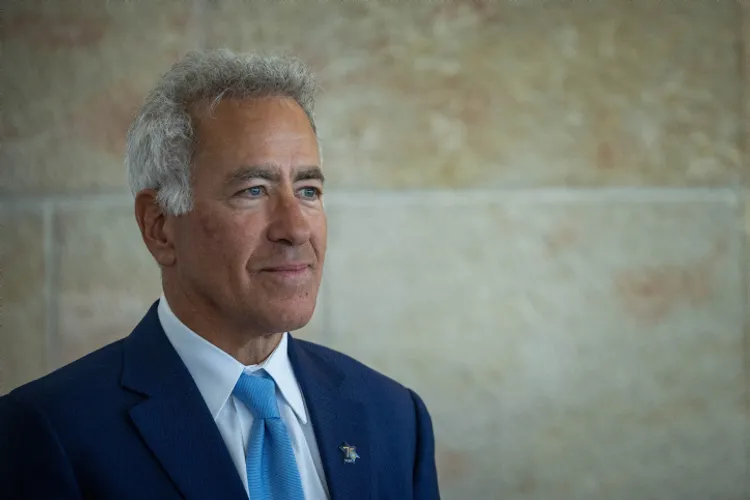
After Suicide, BGU Expert Stresses Online Compassion
After Suicide, BGU Expert Stresses Online Compassion
May 27, 2015
The Jerusalem Post — The Internet has strengthened the power of information, making it possible for stories to go viral and spread around the world very quickly, explains Dr. Gilad Ravid, a researcher of social networks in BGU’s Department of Industrial Engineering and Management.
“We are all guilty and no one is guilty,” says Dr. Ravid, addressing the phenomenon of shaming on social networks following the suicide of Ariel Ronis, a manager at the Israeli Interior Ministry’s Population, Immigration and Border Crossing Authority. Ronis took his life after a Facebook post accusing him of racism went viral.
The responses on Facebook, such as likes, shares and comments, Dr. Ravid says, validate and empower people’s opinions in their own minds, even when that share is to disagree with the original post.
 “Posts that are relatively short, properly worded, slightly entertaining or frustrating,” are the most likely to get passed on, he says.
“Posts that are relatively short, properly worded, slightly entertaining or frustrating,” are the most likely to get passed on, he says.
Dr. Ravid also cites the timeliness of the topic of the post and the use of buzzwords as reasons posts go viral.
In particular, the use of the term “racism” made the post about Ronis more visible as the subject has been in the media recently due to the demonstrations by the Ethiopian-Israeli community.
“We’re used to consuming traditional media,” says Dr. Ravid of the moral responsibility of individuals on social media. “We now have a natural tendency to think that everything we read is true. If it’s written, is must have happened.”
However, Dr. Ravid says that as social media users, we have a new obligation in the same way a reporter does to investigate cases and make sure we are passing on information that is true. “When we share or like or re-tweet, we need to understand that we are now part of the process.”
“There is something positive in the phenomenon [of sharing online] but we have to remember that there is a person on the other side of the story,” says Dr. Ravid.



